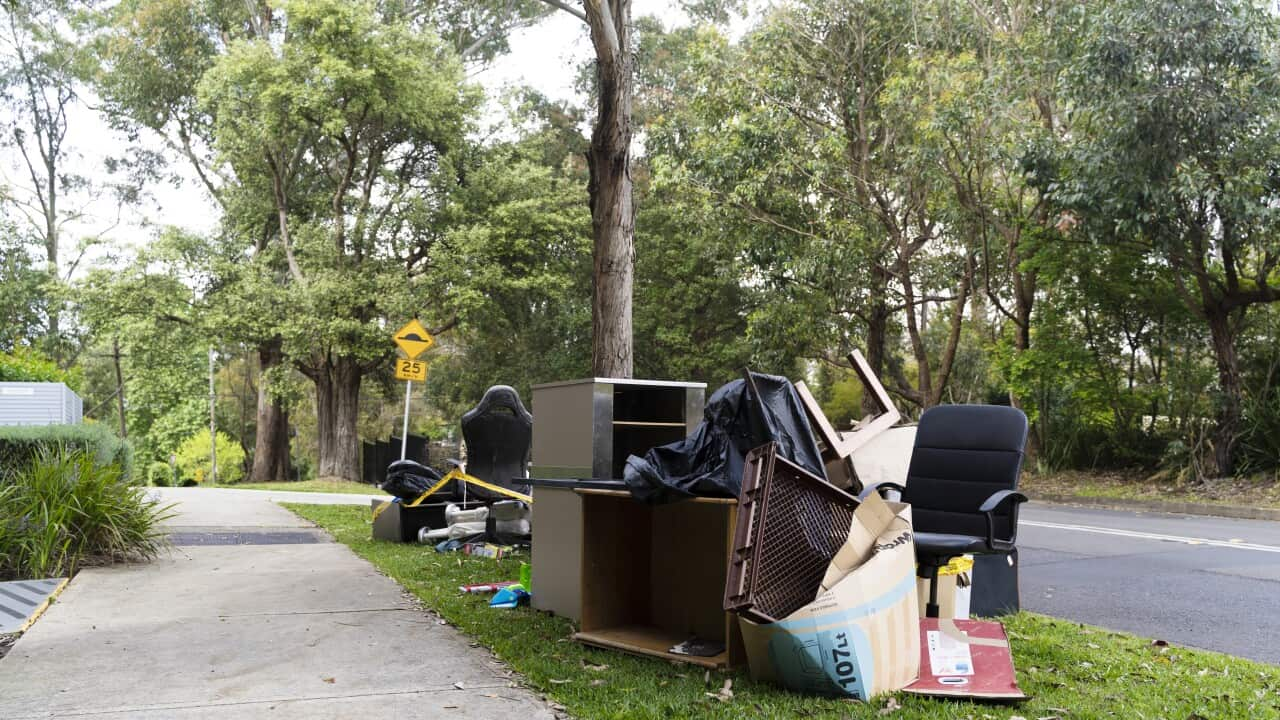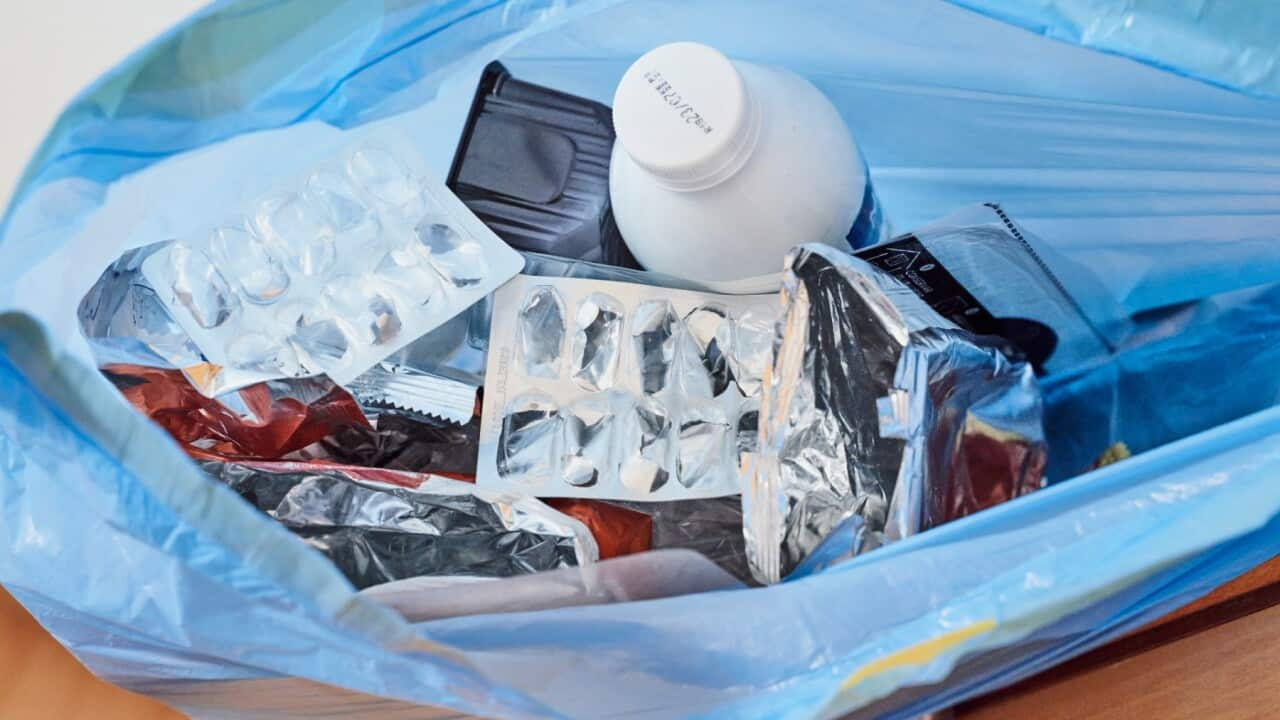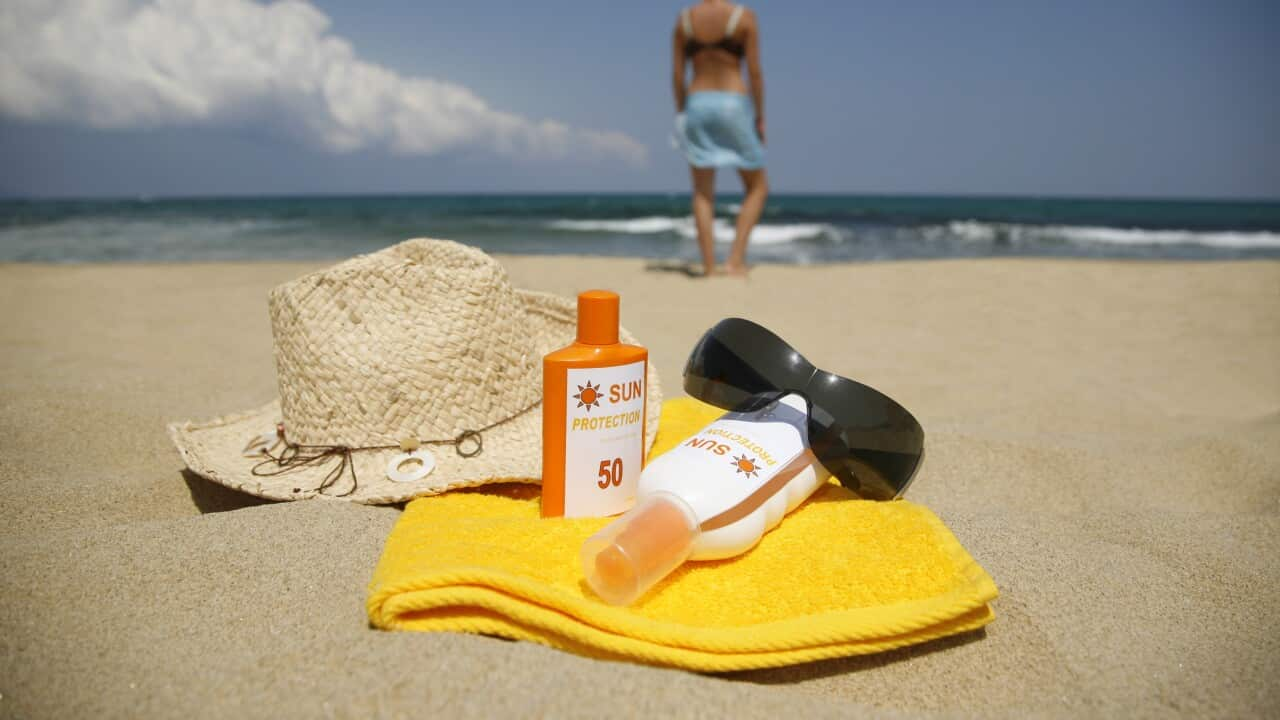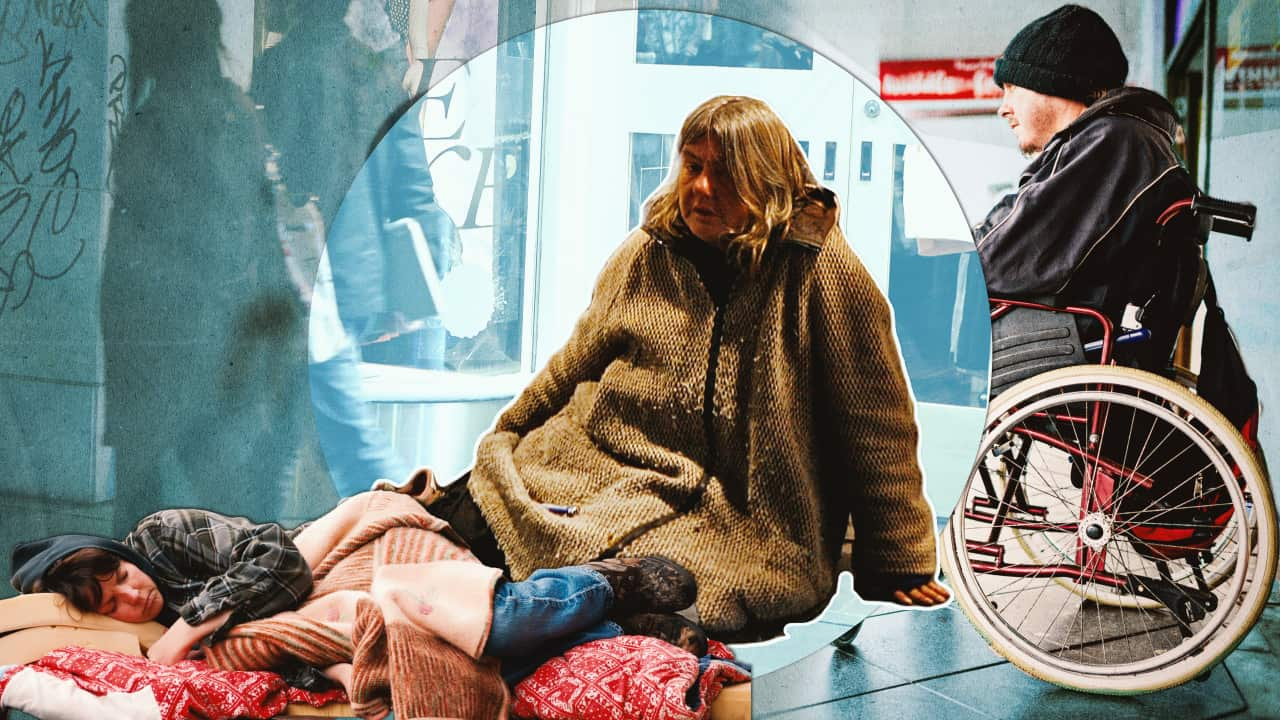Key Points
- Free hard waste disposal services are provided in Australia, but conditions and exceptions apply
- Your city council is your first point of information for how to dispose of your hard waste, as requirements differ between areas
- Repairing, selling, or donating items is always preferred as most hard rubbish end up in landfill
Moving out or doing a home clean-up? Unwanted bulky household items for disposal are considered hard waste. Here’s what you need to know to get rid of them responsibly and safely.
In Australia, most city councils provide hard waste collection services to households free of charge.
Australians are among the world’s largest per capita waste producers.
Most of our rubbish, including hard waste, ends up in landfill.

The ‘out of sight, out of mind’ approach to hard waste is misguided, as most of it will end up in landfill Credit: Getty Images/Ingrid Nagy / EyeEm
She says furniture is a typical example of non-recyclable hard waste because one piece can be made from many different materials.
“It's just pretty much impossible to recycle [some furniture] correctly or just not financially viable.”Alejandra Laclette, Senior Recycling Campaigns Manager, Planet Ark
There are two main types of hard rubbish collections in Australia: area-wide services and booked collections, with the latter becoming increasingly prevalent.
Sydney’s Blacktown City Council is one of the many across the country that use a booking system for hard waste collection services.
Maria Hondrogiannis is the council’s Projects and Systems Officer for waste operations. She explains the process.
“We are an on-call service. So, residents are required to give us a call or go online and we will provide them with the next available booking date.”
When booking a hard waste removal service or using periodical collection, residents need to comply with certain conditions, including limits on the amount and type of waste and disposal methods.

Check council requirements on how you should place hard waste for collection and safety considerations, to avoid having things left behind. Credit: Getty Images- Stuart Murdoch/EyeEm
Hard waste rules
A common rule is not to take out the items until the evening before the collection date.
“This is to reduce things such as neighbours illegally dumping and non-compliant materials being added to the collection as a result of the illegal dumping,” Ms Hondrogiannis explains.
In cases of non-compliance with council requirements, heavy fines may apply.
The types of items that are acceptable for collection also differ across councils.

Illegal dumping can cost offenders thousands of dollars in fines. Credit: Getty Images/Tobias Titz
- household furniture, mattresses, and the basis of mattresses
- white goods, such as washing machines, dishwashers, fridges and freezers
- carpets and carpet underlay
- scrap metal, timber, and sheet glass
Items that should be not discarded as hard rubbish, include oils, tyres, polystyrene, and construction materials.
If you're doing renovations or constructions in your house, you shouldn't be putting out all those materials that you might be demolishing and pulling out. You have to dispose of those through a waste service.Councillor Mark Riley, Merri-bek City
E-waste is also typically not accepted in hard waste collections across Australia.
Matt Genever, Interim CEO of Sustainability Victoria explains.
“Anything with a plug or a battery or a power cord is not allowed to be sent to landfill […] So, anything like TVs and batteries and hair dryers and fridges, they need to just be disposed of at certain locations.”

Some councils will accept e-waste through hard waste collection. Credit: Getty Images/KSChong
“But if it's something smaller, like a battery, or a mobile phone, there are thousands of places around Australia. Supermarkets or Harvey Norman's, Officeworks stores, those types of facilities often have a disposal point,” Mr Genever says.
Paints are generally not accepted in hard waste collections. Unwanted paint and its packaging can be discarded through , a nationwide free service that accepts end of life and unused paint from households, diverting it from landfill and waterways.
Any toxic household product should not be included in hard waste. States and territories run free programs for their safe disposal.

Chemicals including cleaners, bleach, insect sprays, pesticides, any fuel, or gas canisters, shouldn't be put out as hard waste, nor put in your bin or tipped down your drain. Credit: Getty Images/Fertnig
One person’s waste, another one’s treasure
Scavenging for a hard waste gem from another household’s pile is discouraged by some councils, with some imposing fines to offenders. So, it is best to check what applies in your area.
Merri-bek is one of the city councils actively encouraging residents to give unwanted items a second life, provided they take safety into considerations when picking up an item.
It's really incumbent on you to check that it is safe to reuse particularly if it's an electrical item.Councillor Mark Riley, Merri-bek City
There are also online ‘hard rubbish rescue’ groups, where members can post photos of items up for grabs.

A good piece of furniture can be repaired to avoid putting it into the waste system Credit: Getty Images/AJ_Watt
“But just be mindful that whenever you donate something, it has to be in good re-sellable condition, otherwise, it will end up in landfill and cost those charities money.”
In addition to your local council, also offers valuable information about recyclables and ways to dispose of hard waste.
“Most of our hard waste is not recyclable. So that means when it gets picked up, it will very likely end up in landfill. Please remember that waste isn't waste until it's wasted.”
Further information
- Visit your local council website for current information and resources in your area, including where to dispose of your household chemicals.
- Some jurisdictions circulate state-wide information on hazardous waste depots, including ,, , , and the
- To drop-off your unwanted paint and packaging, search for a Paintback location .
- Go to for different solutions to dispose of your items responsibly anywhere in Australia.







